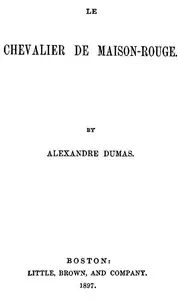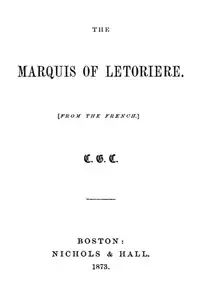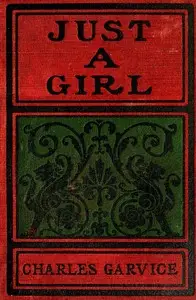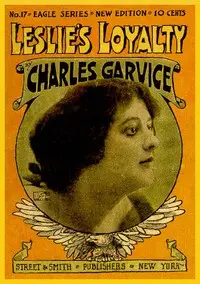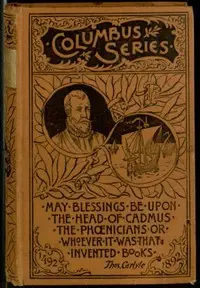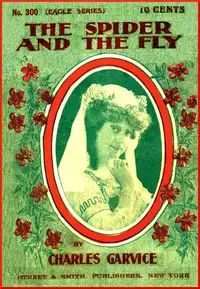"Adrien Leroy" by Charles Garvice is a late 19th-century novel exploring the life of Adrien Leroy, a wealthy and charismatic man navigating London's high society. The story begins with Leroy's friends at a stylish club on a chilly spring night, waiting for his late arrival and gossiping about Jasper Vermont, whose influence over Leroy is a cause for concern. The complex relationships amongst Leroy, his friends, and women such as Ada Lester, hints at deep tensions and rivalries brewing beneath the surface of their glamorous lives. Leroy's character is shown to be friendly but somewhat detached, struggling with his loyalties, especially towards the mysterious Vermont, setting the stage for a tale of love, competition, and the fight to remain true to oneself amidst the constraints of society.

Adrien Leroy
By Charles Garvice
In a world of wealth and social intrigue, a charming man's loyalties are tested by rivalries, romance, and a friend with questionable motives.
Summary
About the AuthorCharles Garvice was a prolific British writer of over 150 romance novels, who also used the female pseudonym Caroline Hart. He was a popular author in the UK, the United States and translated around the world. He was ‘the most successful novelist in England’, according to Arnold Bennett in 1910. He published novels selling over seven million copies worldwide by 1914, and since 1913 he was selling 1.75 million books annually, a pace which he maintained at least until his death. Despite his enormous success, he was poorly received by literary critics, and is almost forgotten today.
Charles Garvice was a prolific British writer of over 150 romance novels, who also used the female pseudonym Caroline Hart. He was a popular author in the UK, the United States and translated around the world. He was ‘the most successful novelist in England’, according to Arnold Bennett in 1910. He published novels selling over seven million copies worldwide by 1914, and since 1913 he was selling 1.75 million books annually, a pace which he maintained at least until his death. Despite his enormous success, he was poorly received by literary critics, and is almost forgotten today.



